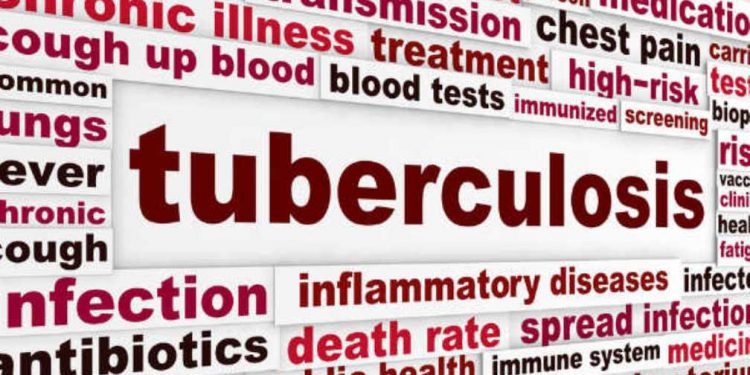Berhampur: Even as the government spends crores of rupees for eradication of tuberculosis, the killer disease has not yet been curbed in Ganjam. Prevalence of the diseases is evident from the fact that in the last two months, 656 people were diagnosed with TB in the district, a report said.
Due to COVID-19, detection of TB has been stopped, but after the infection of the pandemic subsided, a two-month-long campaign was carried out from November 1 to December 31.
ASHAs, Anganwadi workers, ANMs and health workers carried out a door-to-door survey to detect TB cases. As many as 450 teams had been formed for the purpose.
During the COVID-19, many TB patients failed to get treatment at hospitals.
The teams had collected cough samples of suspected cases with symptoms like fever in the evening, weight and appetite loss and coughing for more than two weeks.
In the 22 blocks and Berhampur Municipal Corporation, the teams had collected 27,103 samples. All these samples had been sent to 51 testing centres including primary health centres, community health centres, and other government hospitals.
Test reports of 657 people confirmed TB. District coordinator of the tuberculosis department Bideshi Mohanty said the people after being diagnosed with TB are immediately provided with necessary medicines. Besides, Rs 500 is being given to each of them every month to maintain their nutritional balance.
On the other hand, the central government has drawn up a national strategic plan (NSP) to eliminate TB between 2017 and 2025. It has made a framework to guide the activities of all stakeholders including the national and state governments, development partners, civil society organizations, international agencies, research institutions, private sector, and many others whose work is relevant to TB elimination in the country.
The NSP lays stress on taking bold and innovative steps to carry forward TB elimination. During the period 2017 to 2025, the NSP aims at directing the attention of all stakeholders on the most important interventions or activities that the RNTCP believes will bring about significant changes in the incidence, prevalence and mortality of TB.
PNN






































